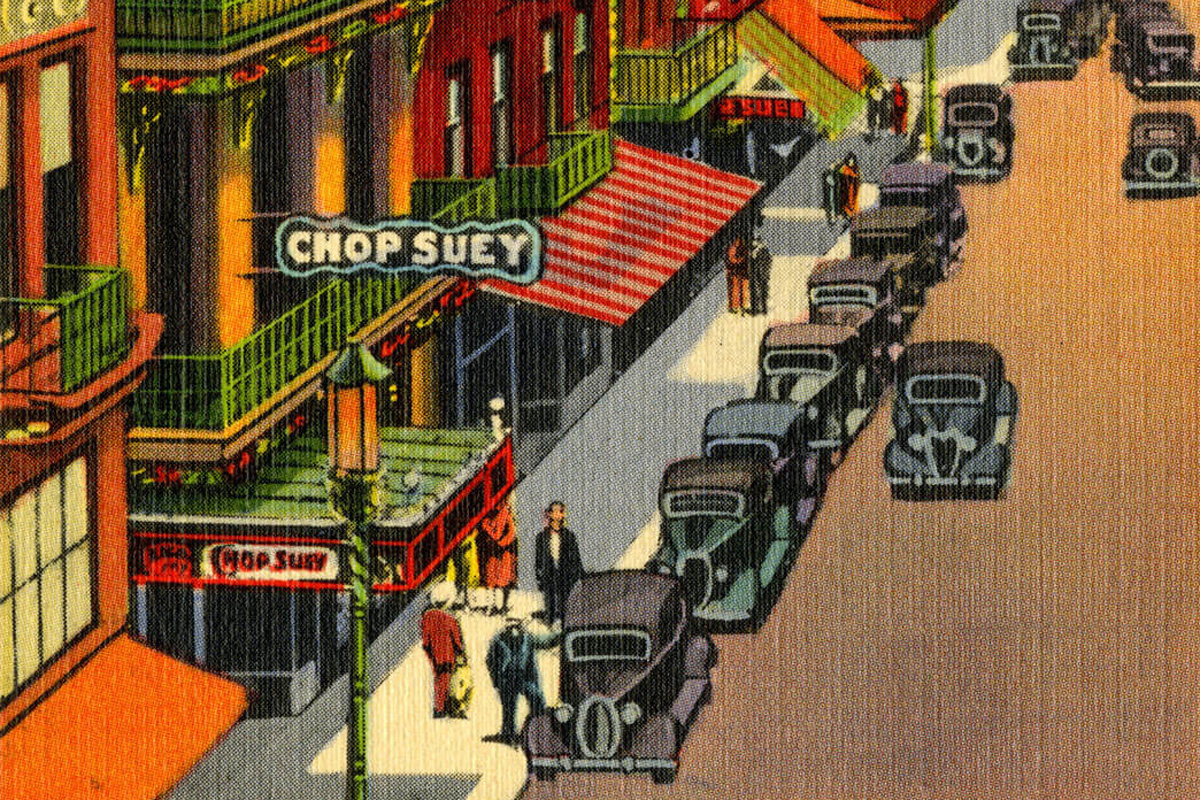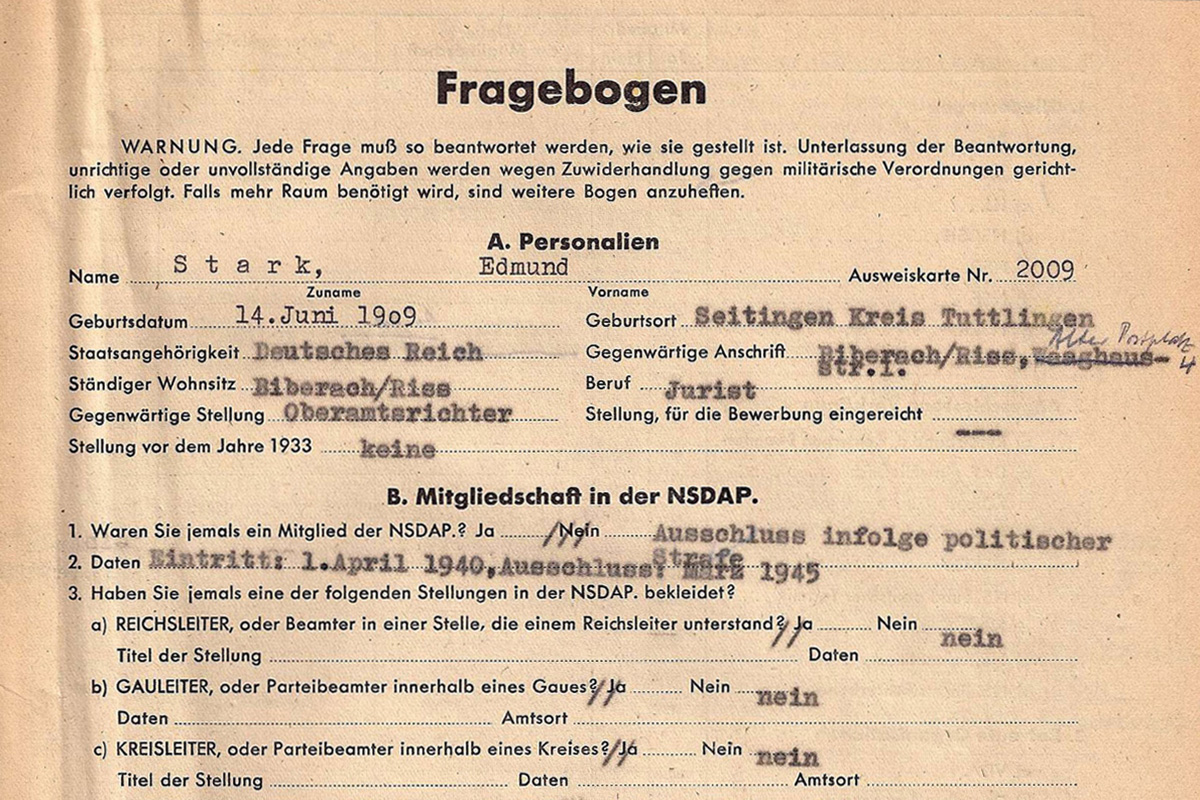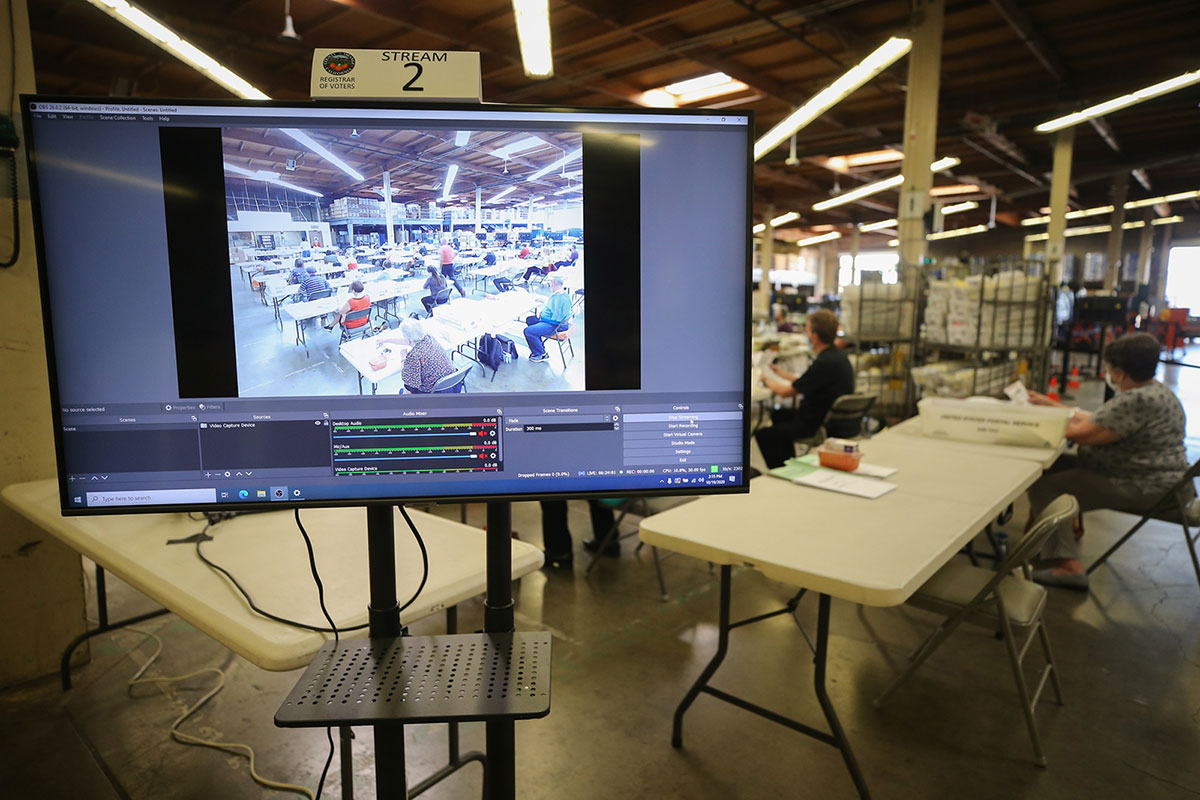KIOSK
Street Views
Urban photography and the politics of erasure
Kim Beil

City streets seemed eerily empty in the early years of photography. During minutes-long exposures, carriage traffic and even ambling pedestrians blurred into nonexistence. The only subjects that remained were those that stood still: buildings, trees, the road itself. In one famous image, a bootblack and his customer appear to be the lone survivors on a Parisian boulevard. When shorter exposure times were finally possible in the late 1850s, a British photographer marveled: “Views in distant and picturesque cities will not seem plague-stricken, by the deserted aspect of their streets and squares, but will appear alive with the busy throng of their motley populations.” ...
READ MOREMelchers’s Ghosts
The maladies of postwar Germany
Monica Black

In the spring of 1953, a former Nazi named Anton Melchers, who in the Third Reich had been a newspaper editor, war reporter, and—according to his brother—talented propagandist, was admitted to the university psychiatric clinic in Heidelberg. His brother, a former high-ranking SS officer, brought him there because Melchers had stopped eating. At the clinic, Melchers reported hearing voices that accused him of sexual immorality and intimated that he would be “paraded” in the streets. Melchers was also preoccupied, his brother said, with anxieties about being “rounded up and taken away” as punishment for his National Socialist past. ...
READ MOREThe Enemy as Sociologist
American exceptionalism as diagnosed by the Nazi propaganda magazine Signal
Sara Krolewski

Long before Donald Trump was calling for America to be made “great” again, the Nazi propaganda magazine Signal wrote of an American people “which was once great.” “American reality—gone with the wind,” proclaimed the subheading of a 1943 article on the industrialization of agriculture in the United States. Writing in usually flawless English, Signal’s editors criticized what they saw as a degenerated, yet still alarmingly strong, United States: a land of abundance and possibility, now riven by greed, vice, and conformity, and spurred on by ceaseless imperialism. ...
READ MORETwo Lives, Simultaneous and Perfect
Éric Rohmer and the erotics of chastity
Becca Rothfeld

By all accounts, Maurice Schérer led an oppressively virtuous life. He never cheated on his wife. He was sober, refusing both drugs and alcohol, and he attended Mass each Sunday. Though he could have afforded a car, he never bought one, and he considered even occasional taxi trips an undue extravagance. In his old age, when he was suffering from painful scoliosis, he continued taking two buses to work in the Montparnasse neighborhood of Paris each morning, then the same two buses back home each night. He cherished quiet enjoyments: classical music, visits to museums, nights at home with his family. He was born in 1920 and died in 2010, but he never owned a telephone. ...
READ MOREBottled Authors
The predigital dream of the audiobook
Matthew Rubery

Everybody seems to listen to audiobooks these days. As a recent marketing campaign put it, “Listening is the new reading.” What was once a niche entertainment has grown into a billion-dollar industry thanks to the emergence of digital media, smartphones, and an online marketplace that makes it simple to download just about any title you want. Listening to a book is not the hassle it once was. (Take it from someone who remembers fumbling with cassette tapes while trying to steer a car.) The mainstreaming of audiobooks has been one of the twenty-first-century publishing industry’s greatest success stories. ...
READ MOREOn the Wire above the Ruins
Funambulism in postwar Germany
Yuliya Komska

A dab of lipstick. Blondish victory rolls, deflated from exertion and wind and the gravity of defeat—the wartime German colloquialism describing the hairstyle, Entwarnungsfrisur, or “all-clear hair,” might be more apt here. Her clothes, by contrast, are flawless. A short-sleeved shirt, prim and neat, is tucked into dark hotpants. Over that, a gauzy white pinafore billows in the wind, baring the long, strong legs. A token pinup riff on the naughty schoolgirl look. Or, in the eye of lyrical upskirter Max Frisch, “a Degas seen from below.” ...
READ MOREA Boy with a Knife
On remorse, forgiveness, and a near-murder in the West Bank
David Shulman

I know something about remorse; less about forgiveness. I have a story to tell in which both of these figure.
It begins with an olive harvest in October 2015 in the village of 'Awarta, southeast of Nablus, close to the infamous Hawara Junction and to the village of Yanun. There are grave sites in 'Awarta considered sacred by Muslims, Jews, and Samaritans, though the names of their occupants vary; one shrine is linked to Pinchas, the grandson of Aaron the Priest, and another, to the west of the village, to Ezra the Scribe ('Uzair). ...
READ MORETrading in Atoms for Bits
The long history of digital currencies
Finn Brunton

All forms of exchange necessarily depend on differences in voltage.
—Fernand Braudel
The history of digital cash consists of scientific discoveries from the 1970s, hardware from the 1980s, and networks from the 1990s, shaped by theories from the previous three centuries and beliefs about the next ten thousand years. It speaks ancient ideas with a modern twang, as we might when we say “quid pro quo” or “shibboleth”: the sovereign right to issue money, the debasement of coinage, the symbolic stamp that transfers the rights to value from me to thee. ...
READ MOREDemocracy Is a Long Shot
What does a legitimate election look like?
Ryan S. Jeffery

In her 2006 feature film My Country, My Country, Laura Poitras documents the immense amount of work that goes into the appearance of an election’s legitimacy. The election in question was for the Iraqi parliament in 2005, the first since the US occupation in 2003. For the US military planners and UN officials, legitimacy was paramount. And yet, regardless of context, the project of self-rule—or, rather, its appearance—never ceases to face this challenge. “This is what democracy looks like” becomes “This is what legitimacy looks like.” ...
READ MOREWherever We Are Gathered
The Black Arts School and its afterlives
Joshua Bennett

One of the more difficult parts of raising a Black child in the United States of America—and it bears mentioning from the beginning that the joys are innumerable—is the question of where they will go to school. Most of us know, through both memory and a wealth of empirical data testifying to this difficult truth, that the classroom is a battleground. It is a site of suffering. It is, in the first instance, a space wherein our hair, our diction, our social practices and modes of cognition are denigrated as a matter of institutional mission and everyday protocol. ...
READ MORE